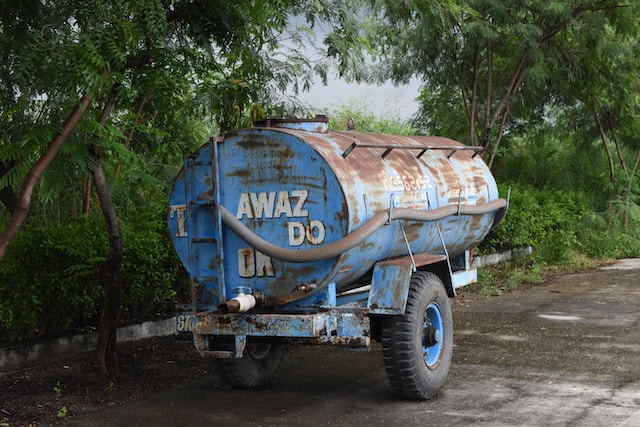Sewage leaks or pools in your yard pose health risks for you and your family. They also impact your neighbors since untreated sewage flows into groundwater.
Septic tanks should be inspected annually to monitor system health and sewage levels. Inspections should include the tank and leach or absorption field.
Cleanliness
Septic tank cleaning removes solid materials and foreign objects that build up inside the tank. The cleaner septic system lets liquid waste quickly through the drain field.
Regular maintenance helps to prevent sewage backups. A septic tank that is full or has foreign debris in it can cause wastewater to back up into your home and yard. This health and safety issue can lead to severe damage to wood, tile, and linoleum and can also contain dangerous bacteria.
Regular maintenance includes:
- Using water efficiently throughout the house.
- Making sure gutters and sump pumps empty far away from the septic tank.
- Limiting multiple showers per day.
- Washing clothes in batches rather than consecutively.
It also includes adding septic tank bacteria every month to counteract household disinfectants that kill off the good bacteria your septic system needs to function correctly. Walking around your property regularly and paying attention to the condition of the grass near the septic tank can also be helpful.
Efficiency
Keeping up with routine cleaning and pump-outs will keep your septic system working at its best. It will help prevent sewage from backing up into your house and protect the groundwater and surface water surrounding the system.
To avoid problems with your septic system, don’t flush garbage such as diapers, facial tissue, wipes, or cigarette butts. These materials can clog the drains and septic tanks. It’s also important not to plant trees within 30 feet of your septic system, as their roots can clog the pipes. You should also keep vehicles and structures away from the septic tank, such as driveways, garages, or storage buildings, as they can damage the drain field.
In addition to cleaning your septic tank regularly, you can conserve water by using water-efficient appliances and fixtures throughout your home. You can reduce your laundry loads by spreading them out throughout the week instead of doing all the laundry in one day.
Environment
Septic systems help keep your home and property clean. During a routine inspection and pumping, septic tank maintenance Orlando FL professionals check for the level of solid waste that has built up in the tank. This is vital in preventing your septic system from overflowing and contaminating the environment.
Clogged septic tanks can spill hazardous wastewater into the soil, a severe health risk. The raw sewage contains harmful bacteria, viruses, and parasites that can make people sick. The contaminated wastewater also pollutes groundwater, which can be dangerous for humans and animals to drink.
Regularly map out your septic tank and other system components so you can quickly locate them when doing yard work or home maintenance. Don’t build structures that cover or limit access to the septic system. Also, never use chemical drain openers or garbage disposal cleaners, which kill helpful bacteria and cause clogs. It’s also wise to avoid flushing tampons, diapers, and other hygiene products down the toilet.
Safety
A septic tank is a large underground storage container where wastewater flows from a home. Inside the septic tank, solid materials such as grit and unconsumed food particles settle to form a sludge layer, while lighter substances such as oil, grease, and fats float on top to create a scum layer. The septic tank causes a reduction and decomposition of these solids and then passes the clarified wastewater, called effluent, out to an absorption area.
If a septic tank is improperly maintained, waste and sewage can return to a house and cause a health hazard. Alternatively, untreated sewage can seep into groundwater and pollute water sources. This can impact the water supply of local families and animals.
To protect your septic system and prevent sewage leaks:
- Add 8 to 12 inches of mulch around the tank and drain field.
- Avoid parking cars or trailers on the leach field, which can compact the soil and block the wastewater flow.
- Keep a record of your septic tank maintenance and repairs. This will be helpful if you ever decide to sell your home.
A prospective buyer will be more likely to consider your property if you have an extensive maintenance history.
